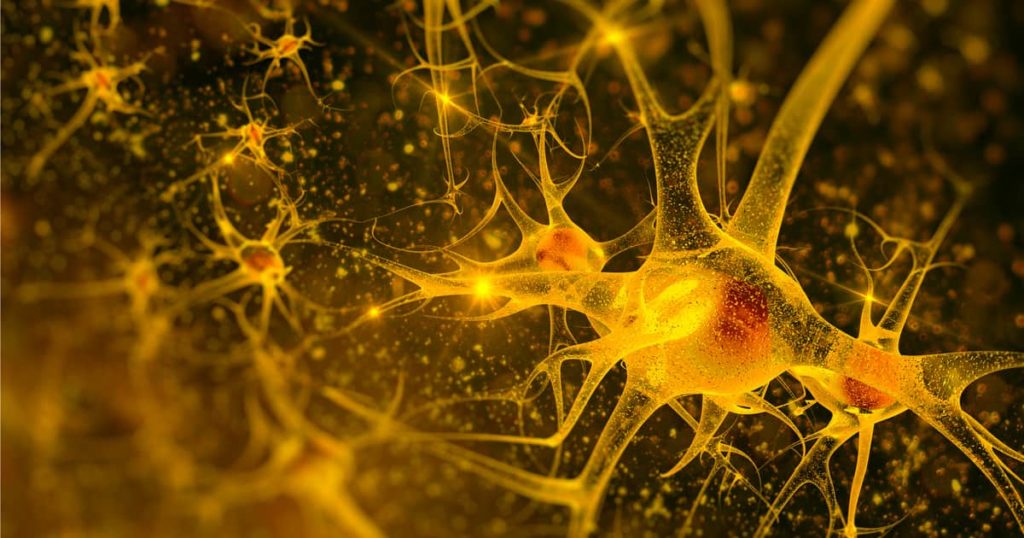Fibromyalgia is a long-term health condition that leads to chronic, widespread physical pain. Researchers have found that alcohol consumption can help reduce symptoms of the condition and bring significant pain relief. For this reason, people affected by fibromyalgia may be tempted to increase their alcohol intake in order to keep the disorder under control. However, anyone who chooses this route of self-medication can inadvertently develop a diagnosable case of alcohol abuse or alcoholism.
Fibromyalgia Essentials
Fibromyalgia is a chronic disorder characterized by widespread pain in joints and muscle tissue. It typically causes widespread tissue tenderness. Other potential symptoms of the disorder include:
- Limb stiffness in the morning
- A decline in mental clarity
- Memory difficulties
- Headaches
- Unusual sensitivity to changes in local temperature
- Unusual sensitivity to light and/or sound, and
- For women, increased menstrual pain
In addition, significant numbers of people with the condition have at least one other condition that also causes chronic pain. Some people consider fibromyalgia to be a form of arthritis. However, it does not actually meet the definition of an arthritic disease. It also doesn’t meet the criteria to be classified as an auto-immune disease, like chronic fatigue syndrome. Instead, the fibromyalgia is a neurosensory disorder that can be grouped with nerve system disorders that alter the normal function of nerves in at least part of the body. Roughly five million people in the U.S. have fibromyalgia, and the vast majority of those affected (80% to 90%) are women. Middle age is the most common time of life for the onset of symptoms. No one knows exactly how fibromyalgia develops in the first place. However, over the years, researchers have linked the condition to a range of potential causes, including:
- The physical or emotional impact of surviving life-threatening trauma
- Genetic inheritance
- Repeated exposure to serious physical injuries, and
- Exposure to environmental toxins
One current theory is that fibromyalgia begins when chemical imbalances in your central nervous system (brain and spinal cord) excessively amplify your body’s normal pain response.
Alcohol and Fibromyalgia Pain
Alcohol is toxic to your body’s nerves. If you drink heavily for a long enough period of time, you can cause damage that leads to the onset of alcohol-related nerve system disorders. However, despite its long-term effects on your nervous system health, alcohol can actually ease pain in the short-term. Researchers don’t know exactly why this is true, but studies indicate that the presence of alcohol may basically “turn down” the chemical signals responsible for triggering pain perception in your brain. In a study published in 2013 in the journal Arthritis Research & Therapy, a team of American researchers looked at the connection between alcohol consumption, pain levels and overall quality of life in people affected by fibromyalgia. These researchers found that, compared to their counterparts who don’t drink, fibromyalgia suffers who drink in low or moderate amounts typically have less severe symptoms. In addition, they experience a general improvement in their ability to lead functional lives.
Dangers of Alcohol Abuse and Alcoholism
The authors of the study report one crucial finding: While low to moderate alcohol intake may improve the symptoms of fibromyalgia, the same benefits do not appear in people who drink heavily. It’s also essential to note that the study’s authors do not suggest that you start drinking to address fibromyalgia pain. In fact, it is unlikely that any doctor would suggest that you begin consuming alcohol to deal with a nerve system disorder or any other medical condition. That’s because anyone who self-medicates with alcohol runs a very real risk of consciously or unconsciously advancing from safe alcohol intake to excessive drinking. If drinking becomes excessive, a person can end up with a diagnosis of alcohol use disorder, a condition that includes both alcohol abuse and alcoholism. Sources: National Institute of Arthritis and Musculoskeletal and Skin Diseases: Questions and Answers About Fibromyalgia West Virginia University – School of Public Health Arthritis Research & Therapy: Association Between Alcohol Consumption and Symptom Severity and Quality of Life in Patients With Fibromyalgia

